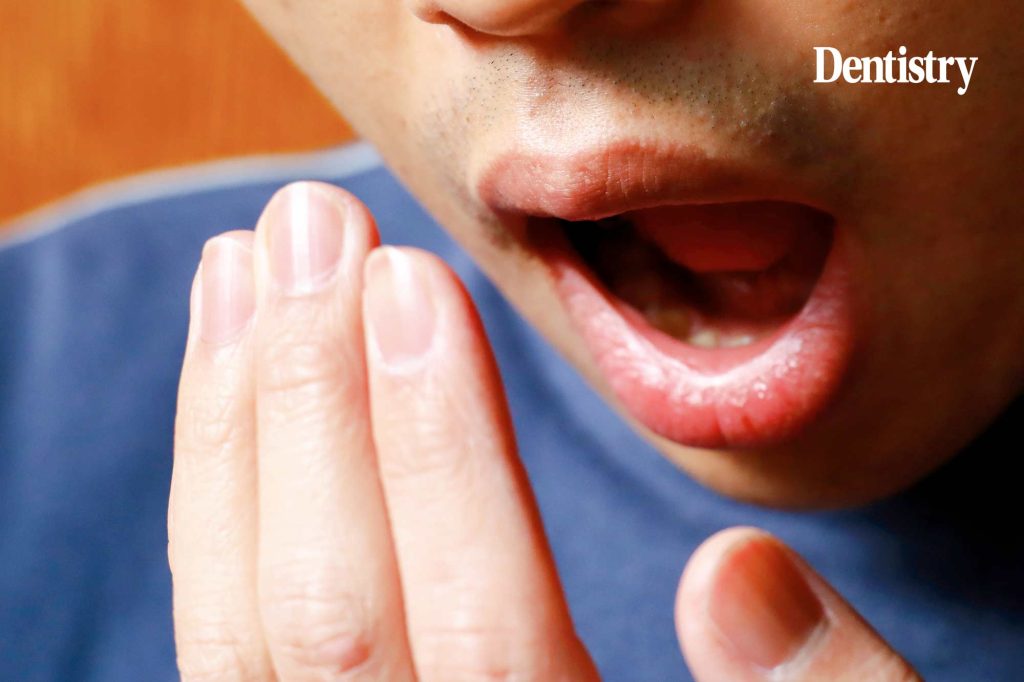
As Ramadan starts, Sakina Syed explains why halitosis can become a particular problem and how it can be prevented.
Ask anyone who is fasting, either on a diet or during Ramadan, and the one thing apart from feeling thirsty is the feeling your breath smells. Thirty days of fasting does not mean inadequate oral hygiene for the whole month and there are ways in which we can help our patients.
Ramadan begins in early March 2024 for 30 days. In Arabic fasting means ‘sawn’ or abstinence. During this time Muslims fast, abstaining from eating and drinking during the hours between sunrise and sunset.
Most individuals observing within the UK will fast for approximately 15 hours with an early morning breakfast pre 4.30 am and then fast not eating or drinking until about 6.00pm. Timings change each year with summer periods of Ramadan being longer in duration.
Ramadan is a month of fasting and spiritual reflection for Muslims all over the world. Fasting during Ramadan can bring many health benefits, such as improved blood sugar, blood pressure and cholesterol levels.
What will break your fast?
- Intentionally eating and drinking
- Smoking (it’s the perfect time to offer smoking cessation support)
What will not break your fast?
- Brushing your teeth with toothpaste
- Brushing your teeth with a miswak stick
- Cleaning in between with teeth with dental floss or interdental brushes
- Visiting the dental therapist or dentist for a dental examination
- Seeing the dental hygienist and or dental therapist for professional mechanical plaque removal, provided the water is not swallowed.
A common concern amongst many is the feeling of or experiencing halitosis, especially due to reduced saliva flow and dehydration. Our saliva plays a crucial role in removing food debris and managing bacterial growth in our mouth. Less saliva means more bacterial growth in the oral cavity. When the fast is broken and food and drink is ingested again the salivary production increases and neutralises plaque acids.
Halitosis is a common side effect from fasting and can occur for many reasons, most commonly the cause is dry mouth, foods that cause bad breath or dehydration from lack of water intake.
Release of Ketones
This is extremely common when the body is not receiving any fuel, food or drink as the body is put into a state of ketosis releasing ketones. These are chemicals which break down fat for energy and when they mix with plaque bacteria in the oral cavity, they produce a bad odour.
This also occurs with dehydration and more ketones are released due to a reduction in salivary function, drying the mouth.
What causes halitosis while fasting?
- Poor oral hygiene: Not brushing and flossing regularly can lead to a build-up of bacteria in the mouth, causing bad breath due to plaque biofilm accumulation
- Improper cleaning of dentures: Just like real teeth, dentures can hold onto bacteria and create bad breath if they’re not cleaned well
- Smoking/tobacco: Tobacco products can leave a lingering odour in the mouth and contribute to bad breath. Smoking also dehydrates the oral cavity
- Foods: Foods like onion, garlic, and spices can cause bad breath when ingested as they release volatile sulphur compounds that can linger in the mouth
- Dry mouth: A lack of saliva production can lead to dry mouth, which can contribute to bad breath. This can be caused by certain medications or medical conditions
- Dehydration: Lack of water causes dry mouth to release more ketones. In addition, fasting causes a decrease in salivary production. Saliva normally helps to neutralise plaque acid and remove bad bacteria
- Non-oral diseases: Bad breath can also be a symptom of other non-oral conditions such as post-nasal drip, respiratory conditions, diabetes and liver and kidney disorders.
If you have patients suffering from bad breath while fasting, here is some great advice to see them through the month.
How to reduce halitosis whilst fasting in Ramadan
- During the process of ablution (cleansing the body before praying), utilise the rinsing of the mouth with water slowly allowing the full mouth to be lubricated with water
- Brush teeth twice daily with fluoride toothpaste, in the evening and one other time, eg before the fast begins. Wait 30 mins post-opening fast to brush your teeth
- Floss and or use interdental brushes to clean in between teeth, an alcohol-free mouthwash can also be used
- Use a tongue scraper to cleanse the tongue and reduce bad breath.
- Avoid sugary foods and drinks, especially when opening fast
- Eat fruits that are rich in Vitamin C like berries and guavas. Vitamin C helps fight gum diseases and gingivitis which can also cause bad breath
- Avoid caffeine and excessive salt which can contribute to dehydration
- Chew sugar-free gum post-evening meal to help with salivary stimulation and targeting bacteria growth. Look out for ones that contain Xylitol
- Eat balanced meals with fruits, vegetables fibre and protein. Foods high in water content, like watermelon, cucumbers and celery apples, can naturally wash away food debris and bacteria
- Low glycaemic index (GI) – eat slow-release sugar foods such as porridge in the morning
- Rehydrate: Drink plenty of water, especially after opening the fast to rehydrate the body between 8-10 glasses of water in between fasts.
Ramadan Kareem from Sakina (a traditional greeting to mark the beginning of Ramadan).
Follow Dentistry.co.uk on Instagram to keep up with all the latest dental news and trends.


